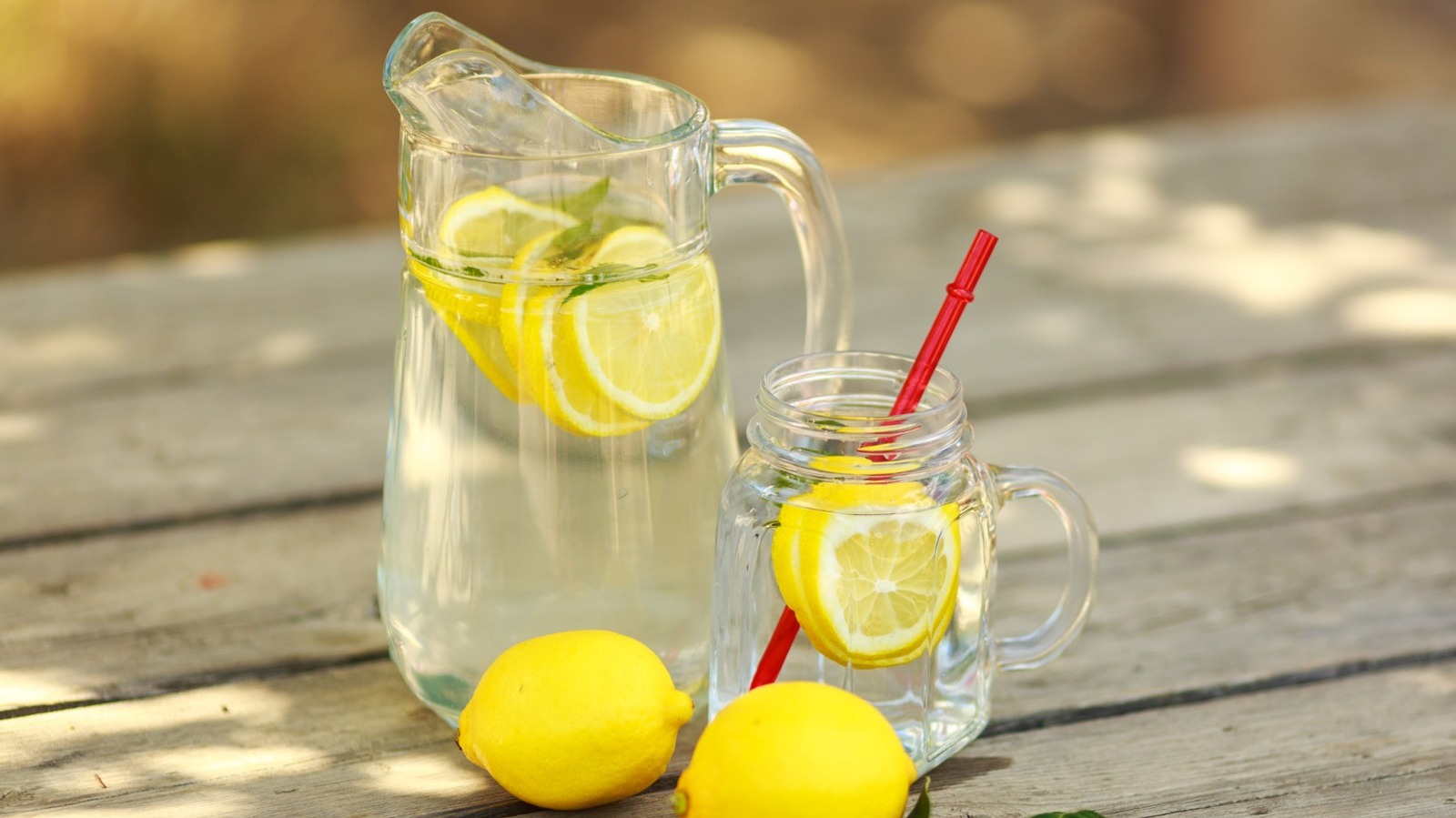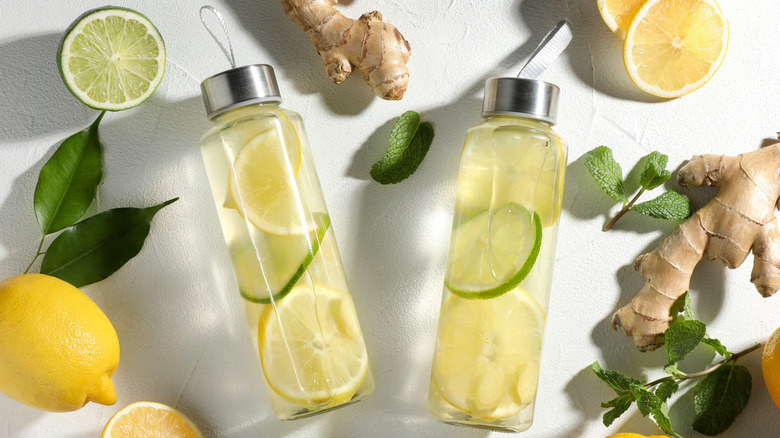On a hot summer day, who doesn’t love a glass of cold water with fresh-squeezed lemon juice? The sugary version of that, lemonade, appears in countless neighborhood stands, ball parks, and soda fountains across the country — but it’s not quite the same as a splash of fresh-from-nature lemon juice. Beyond the satisfying crisp, citrusy flavor, lemon water provides a wide range of health advantages. They’re all valuable in important ways, but one perk that’s often looked is how the citric acid in lemon juice helps quench thirst on hot days. That squeeze of bright, tangy liquid into a glass of water works in both subtle and bold ways, and it involves the human brain.
Here’s how: The acidity of lemon juice in beverages is particularly good at stimulating salivation, which plays an important role in quenching thirst. The saliva moistens the mouth, creating the feeling of thirst being alleviated. Vinegar could serve a similar purpose, but not so many folks crave an ice-cold glass of vinegar water despite the fact that a daily dose of apple cider vinegar in water is also a health trend. Plus, our brains are already predisposed, culturally, to crave the perky and refreshing taste of tart lemon juice.
This process is most effective in simple lemon water without additives such as sugar or preservatives. However, lemon water, for all its goodness, does bring a couple of concerns. Too much acidity can eventually damage enamel, so it’s best to drink it in moderation or sip through a straw. With some people, there’s also the possibility of acid reflux or indigestion.
A multitude of benefits from fresh lemon water
The hydrating effects of lemon water work on many levels, crucially encouraging us to drink more water on hot days, but also supporting better functionality of the body overall. Sufficient hydration helps with temperature regulation, joint lubrication, and the transportation of nutrients to areas that need them. Lemons also harbor potassium and other electrolytes, helping replenish ones lost when sweating during outdoor exercise.
Lemons are rich in vitamin C, which, among other things, is a powerful antioxidant supporting the immune system and potentially promoting collagen for healthy skin. The citric acid in lemons may also help prevent kidney stones and even break up already formed small stones. Drinking lemon water can also aid digestion by stimulating gastric acid secretion, which helps break down food more easily.
Water and lemon juice, separately and combined, unquestionably create multi-layered benefits on hot days or throughout the seasons. So, what’s the best way to make lemon water? In its most virgin form, lemon water is as simple as it sounds: Fill a glass with water, squeeze in the juice of about half a lemon or more or less to taste, stir, and enjoy. If you’d like, toss in some fresh ginger, mint, cinnamon, turmeric, or anything healthy and refreshing. We even have an article on spices to elevate lemonade. Perhaps you could perk things up with a splash of pickle juice, which is way more hydrating than you think. Another easy tip for quick lemon water is to freeze lemon juice in ice cube trays for quick access on thirsty days.






